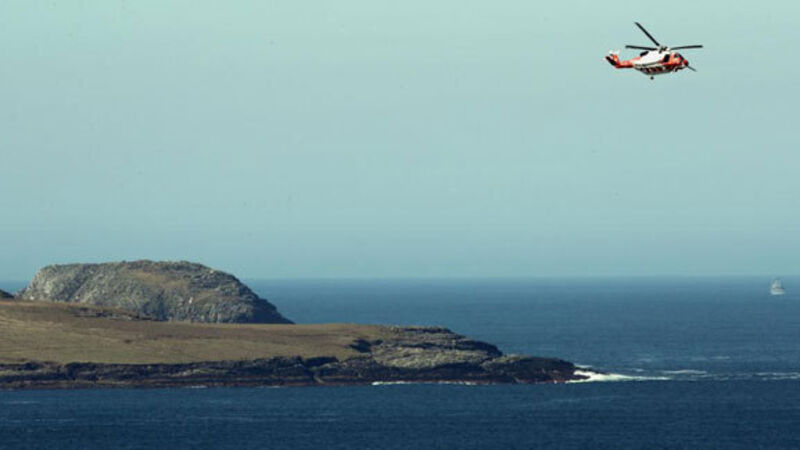Rescue services must get more resources

The navy, the coast guard, gardaí, RNLI, civil defence members, local fishermen and volunteers will search waters from Achill Island off Mayo to Aranmore Island, Donegal, to try to find helicopter crewmen Ciarán Smith, 38, and Paul Ormsby, 53, who have been missing since their Rescue 116 helicopter crashed into Black Rock island in the early hours of March 14. This will be the 26th day of the search and an area of about 1,000km squared will be searched.
The funerals of their colleagues Captain Dara Fitzpatrick and Captain Mark Duffy have already taken place.
















